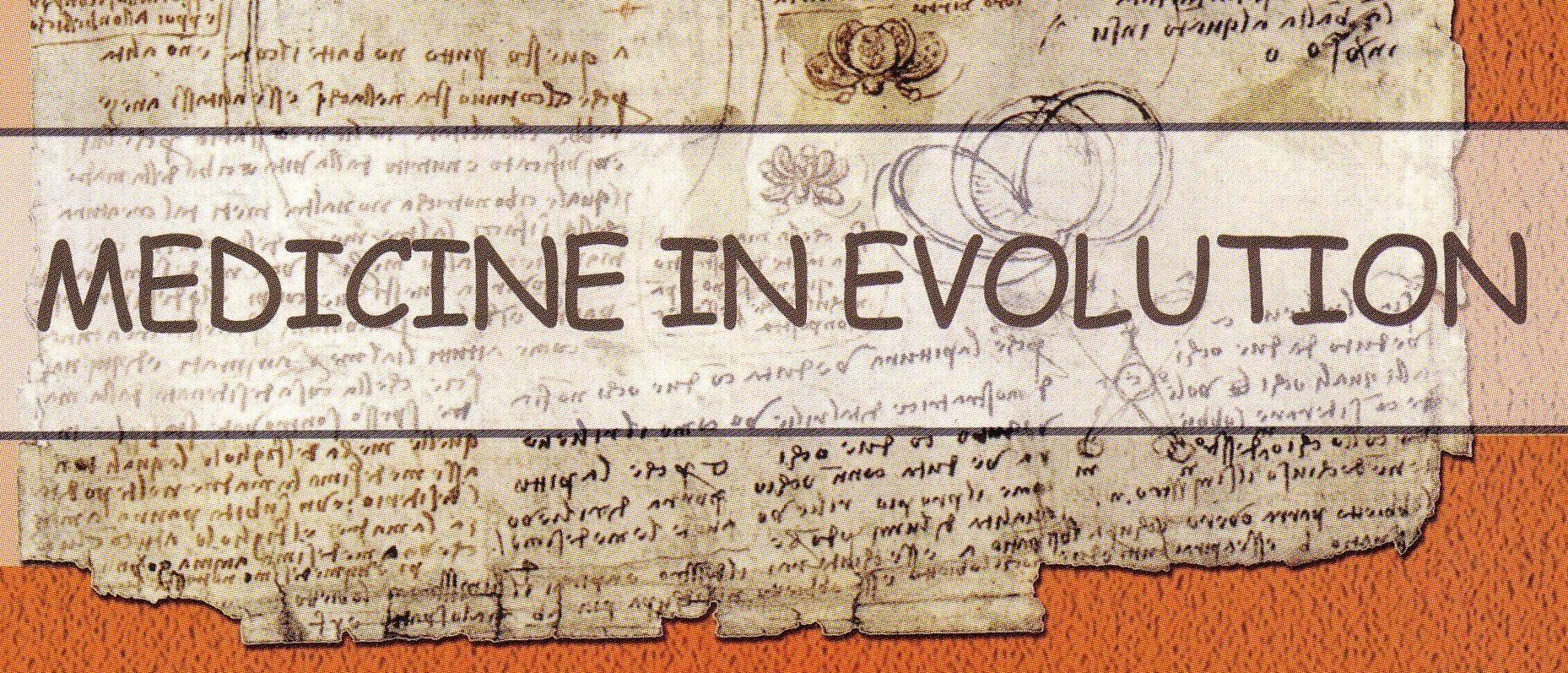|
Medicine in evolution
|
- Abstract - The prognosis of patients with non-Hodgkin’s lymphoma (NHL) has improved with the introduction of cytotoxic chemotherapy, intensive chemotherapy-based treatment approaches also proving an improvement in the survival of patients with relapses of NHL, but present treatments using monoclonal antibodies are those which represent a revolution in the treatment strategy and have significantly improved the clinical evolution and the prognosis of these patients. Still, the therapeutic approach of NHL patients remains complicated due to the heterogeneity of lymphoma subtypes, patients apparently diagnosed with the same disease presenting extremely varied clinical signs, molecular profiles and clinical evolutions. It is necessary to define groups of patients with negative or positive prognostic factors in order to justify the therapeutic strategy and make it effective. Most prognostic indicators emerged following the results of clinical studies performed in order to define therapeutic strategies, such prognostic indicators being usually evaluated based on retrospective studies which do not entirely correspond to the new era of chemotherapy, needing at least one revalidation.
Key words: B cell, lymphoma,
cancer, prognostic.
Webmaster: Creanga Madalina |
|---|
